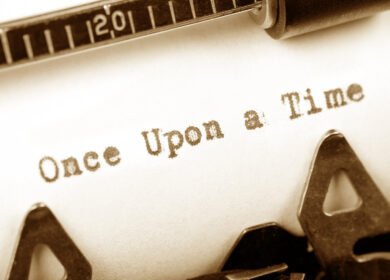
By Kelly Stone
The Hoffman Agency, Portland-Vancouver
When we spend hours developing what we believe is a unique, relevant story angle, our bosses and clients expect regular pitching updates. When we do not generate many responses from reporters, or the replies are a quick, “No thanks,” we are encouraged to understand why.
This is often when media call downs are encouraged. While I do not recommend call downs for each and every pitch you send, I do believe calling has its place when we’re pitching media on the rare and truly important news moments. Here’s why:
- 98 percent of the time you learn they never saw your email, or they saw it and haven’t responded because they were preparing questions or flagging the topic for their editor
- You get an immediate response regarding their level of interest
- You can avoid another fluffy follow-up email
- You have feedback you can use to improve future pitches or story angles
- Referencing a reporter conversation is incredibly impactful when working to reinforce a specific strategy or when encouraging your clients to take a different direction
The thought of calling a reporter can be terrifying for many of us. I’ve been there, too. Consider the following tips to prepare and ease your fears.
Have all relevant information on-hand.
This includes background information on the reporter (the latest stories, tweets, the last time writing on this client or topic, etc.), as well as all information on the story you’re pitching. Ask yourself: Is there a question you’re not ready for?
Be quick.
The minute they know you’re in PR, you become a telemarketer to them. Get to the point ASAP: “Hi, this is XX from XX. Do you have 1-2 minutes to chat re XX? […] my client, XX, just announced YY, and we wanted to offer you ZZ.”
Work to understand where they’re coming from.
That way, you can avoid pitching irrelevant stories in the future; plus, you’ll have feedback your team and client can use. Perhaps ask: “Can I tell my client why this isn’t a good fit?” or “Saw you recently covered XX, which is why we thought YY would be of interest, but it sounds like the difference here is A, B, C. Is that correct?”
Don’t take it personally.
The worst that can happen is that the reporter hangs up on you or yells at you … or tweets about how annoying you are. These all suck, but it will be okay. You have not ruined your PR career. Take a deep breath and release it.
Leave the reporter alone after the call.
When we share reporter feedback with clients, they often want us to go back and offer a different angle or approach. Unless you truly believe this new offering will impact the reporter’s interest, let it lie. If the reporter took your call and provided you with helpful feedback, be grateful by leaving him or her alone until you have something truly juicy and relevant.

